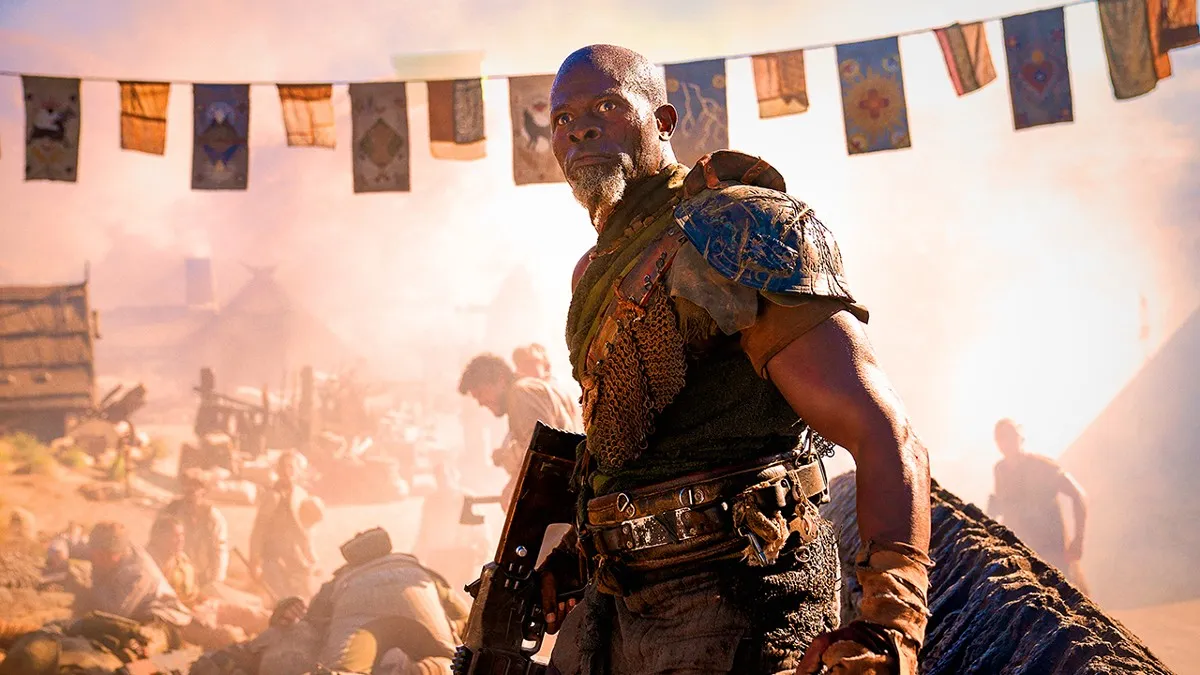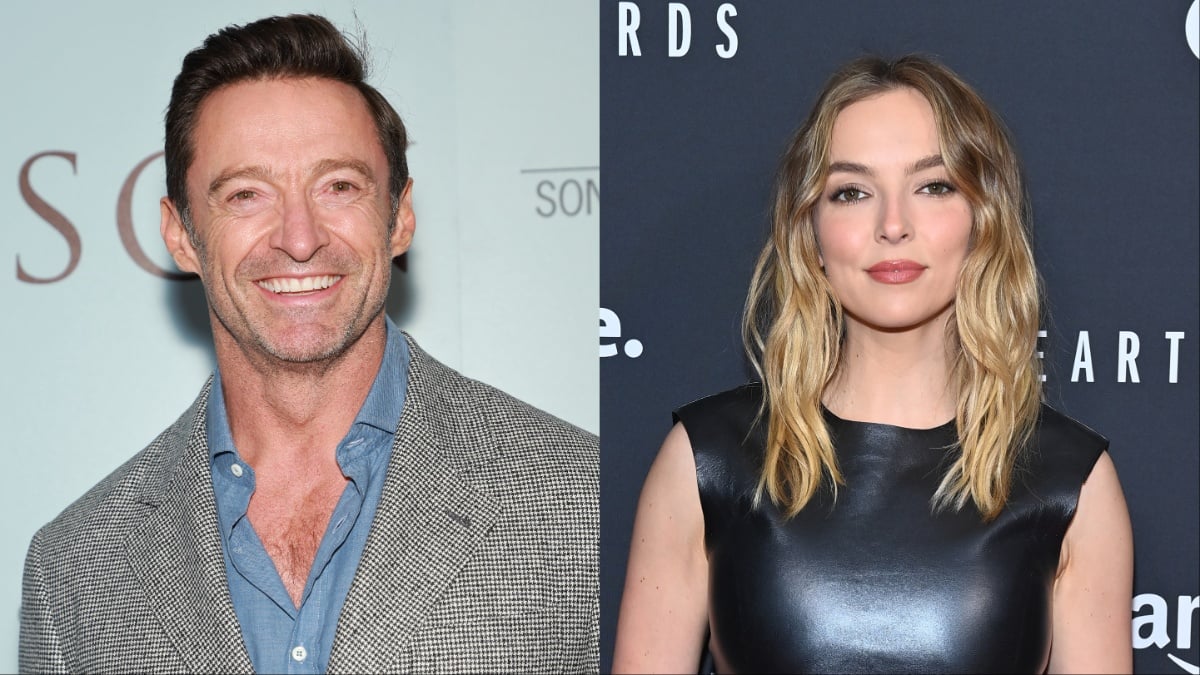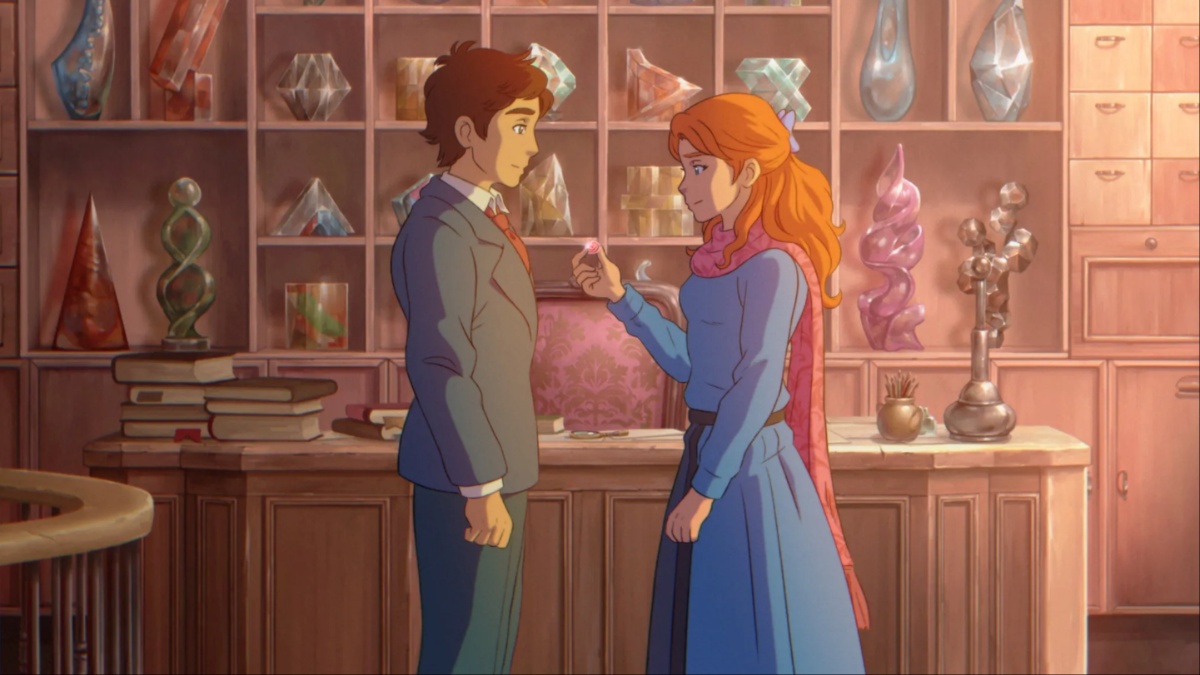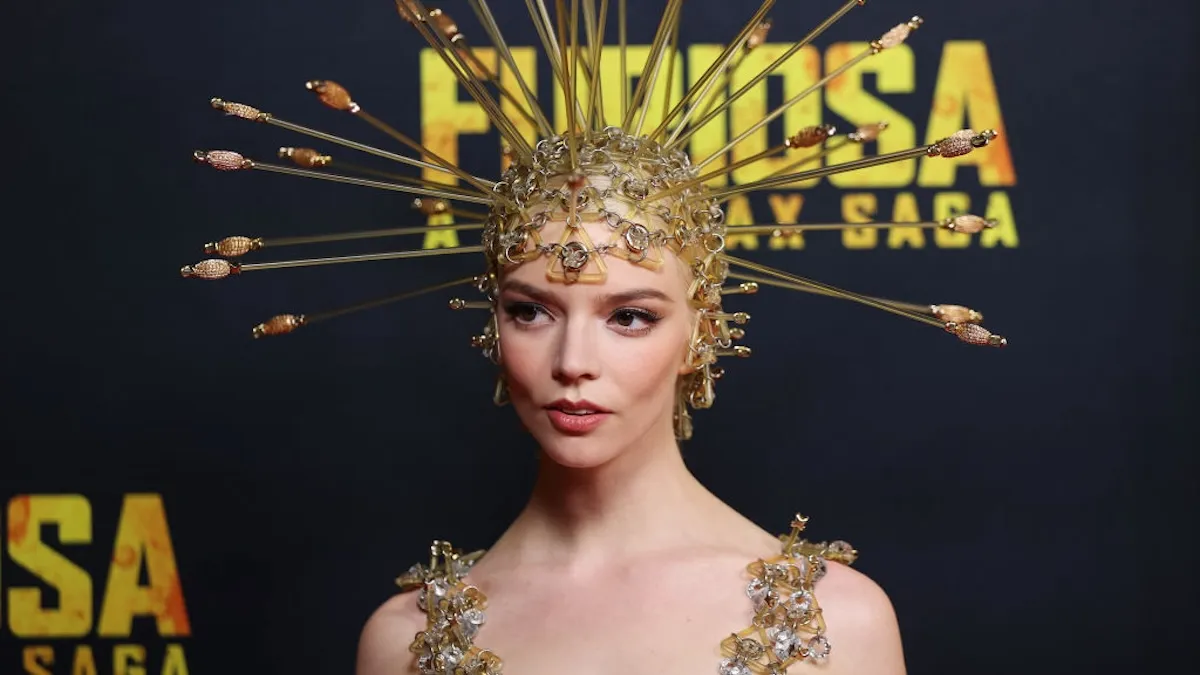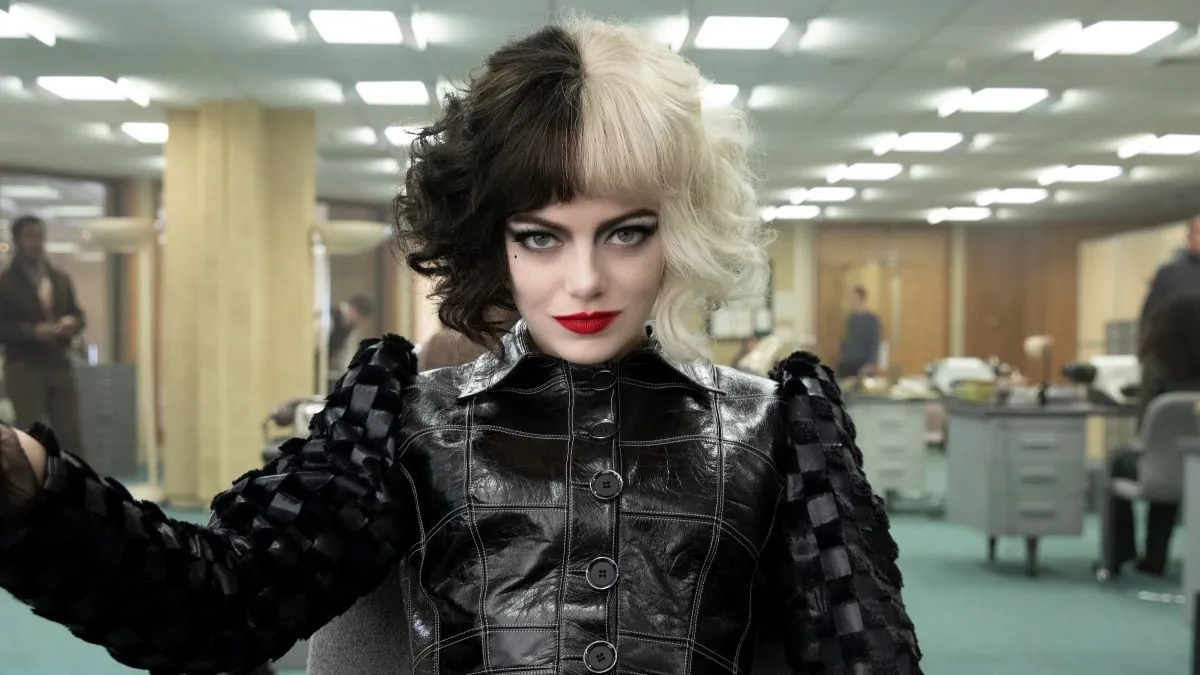Netflix’s latest film release, Fair Play, starring Phoebe Dynevor and Alden Ehrenreich, is a tame corporate drama inaccurately marketed as an erotic thriller. Written and directed by Chloe Domont in her feature film debut, Fair Play is patently and aggressively fine. It’s not necessarily breaking the mold in the genre of female revenge dramas, but it’s also not the characteristic ’90s erotic thriller that Netflix is marketing it as. The film’s promotional poster depicts Dynevor coyly undoing the top two buttons of her shirt while Ehrenreich seems to whisper sweet (or dirty) nothings into her ear. However, Fair Play is anything but sexy.
Dynevor and Ehrenreich play hedge fund analysts who work for the same company. However, company policy prohibits employees from dating one another. That doesn’t seem to deter Dynevor’s Emily and Ehrenreich’s Luke from being in a relationship and ultimately getting engaged. Everything changes when Emily gets the promotion Luke thought he’d land. Emily is now his boss and his fiancée. A mighty struggle ensues between two people who, only the night before her promotion, promised to love one another always but ultimately let gendered structures impede that love. Or maybe it was never love at all.
Fair Play opens with Donna Summer’s “I Feel Love” as Dynevor’s stunning face comes on screen while taking a long drag of her cigarette. The scene itself advertises a sense of eroticism with the cigarette smoke and an actress’s face reminiscent of an old film noir. On paper, Fair Play has all the hallmarks of an erotic thriller—an elicit affair, two lovers cohabiting despite working together. The trailers present the “cat and mouse” game usually seen in this genre, which generally involves steamy sex in inappropriate places and erotic mental games that straddle the line in morality. Fair Play is, sadly, none of those things.
To put a finer point to it, cultural theorist Dr. Linda Ruth Williams defines the subgenre of the “erotic thriller” as containing “sex, and most use sex as a motivating narrative device” in her book The Erotic Thriller in Contemporary Cinema. It also derives from film noir, where, more often than not, some criminal intrigue occurs among the sex. Sex is not the driving force in Fair Play, as is expected of most erotic thrillers. It’s barely a footnote in comparison to traditional ’90s erotic thrillers. Films like Indecent Proposal and Unfaithful play into the sexual desires of women cast aside by their husbands and/or society. In Fair Play, sex is not prominent until a man uses it to exert power over a woman. It’s a cold and stark reminder of a man’s rage once women encroach on what they consider their space.
It’s not so much the lack of sex in the film that makes Fair Play an overall disappointment but the message it leaves with its leading female character. After establishing itself as anything but an erotic thriller, the film quickly delves into the trappings of women navigating a male-dominated space. After Emily is promoted above all the other men in the office, she quickly realizes the position doesn’t come with the respect of her male peers. Not only does she walk on eggshells around her fiancé’s fragile ego, but she’s also walking a fine line between exerting herself and stroking the egos of men below her. Sex becomes a form of punishment that symbolizes something all the more cruel after Emily spends most of the film initiating sex between her and Luke to no avail. There’s never a real moment where Emily feels in control as she clings to a space that will never accept her.
Luke torturing her and ultimately sexually assaulting her in the bathroom falls flat and hollow. Emily makes Luke beg for forgiveness and tells him to “wipe the blood off my floor” of the one-bedroom apartment they shared after she nicked him with a knife. There’s a clatter as she drops the knife and leaves a shaken Luke looking after her. Then, it cuts to black. It’s supposed to symbolize Emily regaining power and control, but there’s another scene that quickly thwarts it before this one—the scene where Emily lies about her involvement with Luke to keep her job at the hedge fund. She accepts the conditions of her boss (Eddie Marsan), who only a few weeks ago called her a “bitch” within earshot of every other man in the office, to stay at the firm. How can the sound of that knife clattering to the floor mean anything when she’s traded one male prison for another?
(featured image: Netflix)




